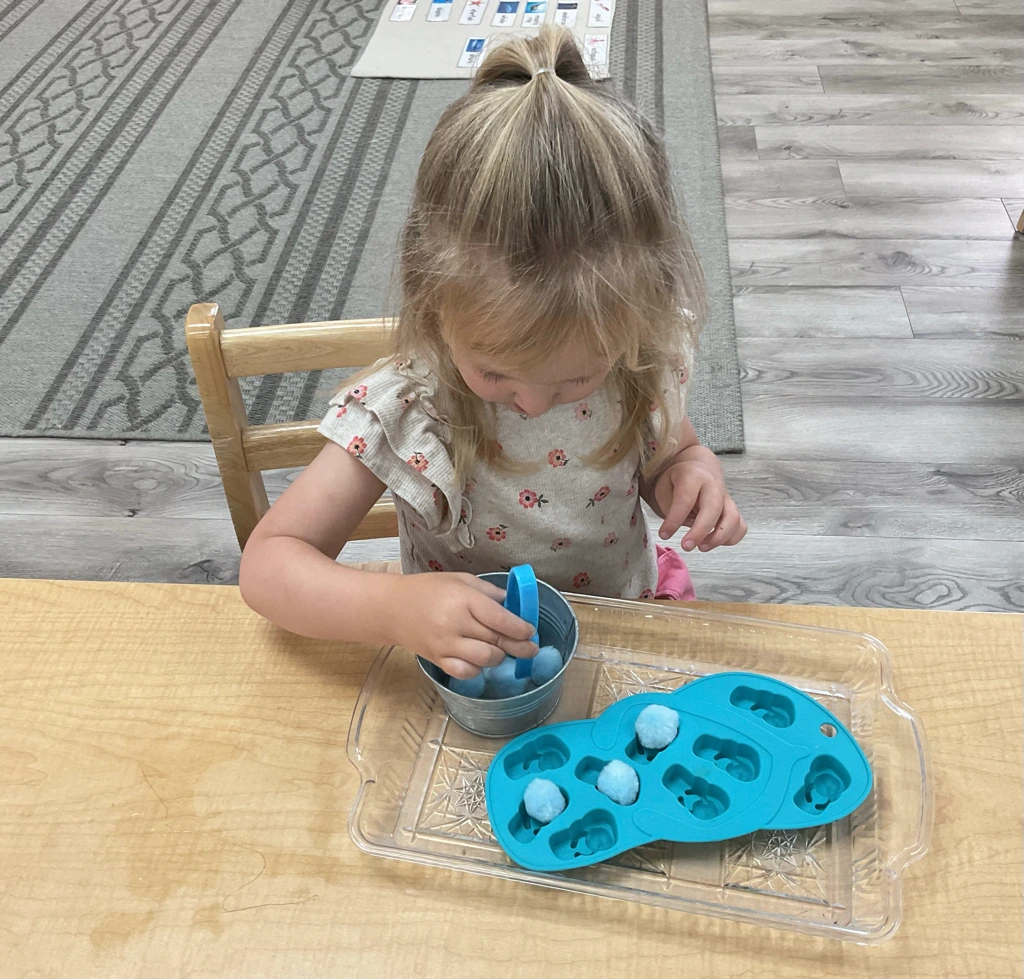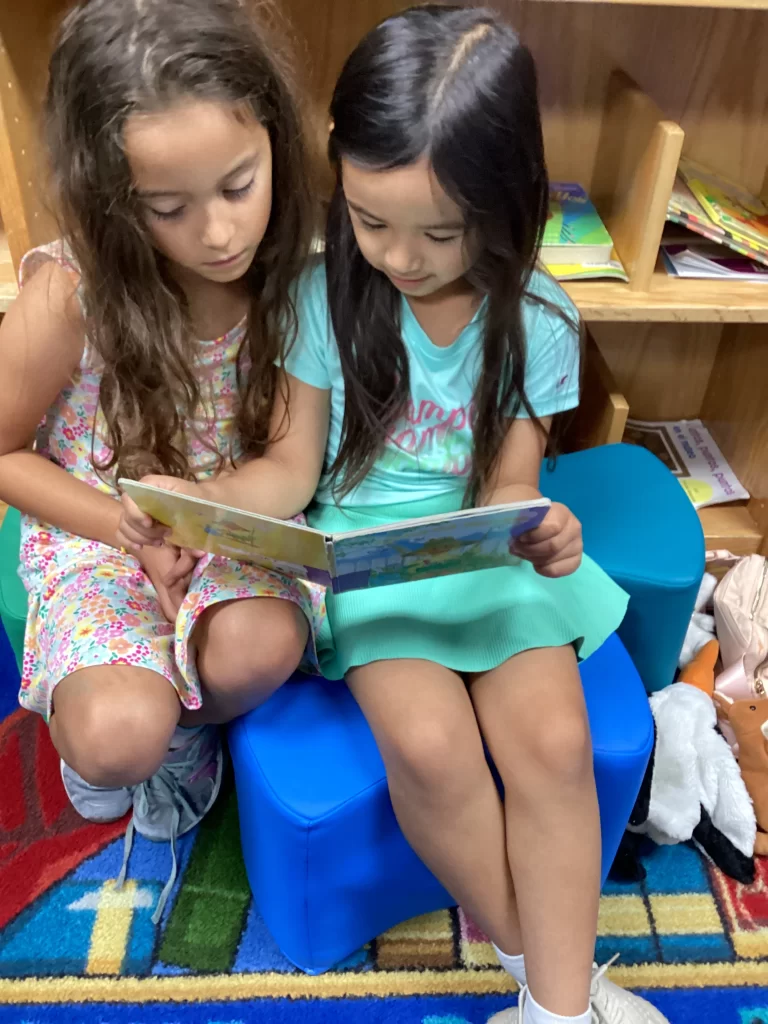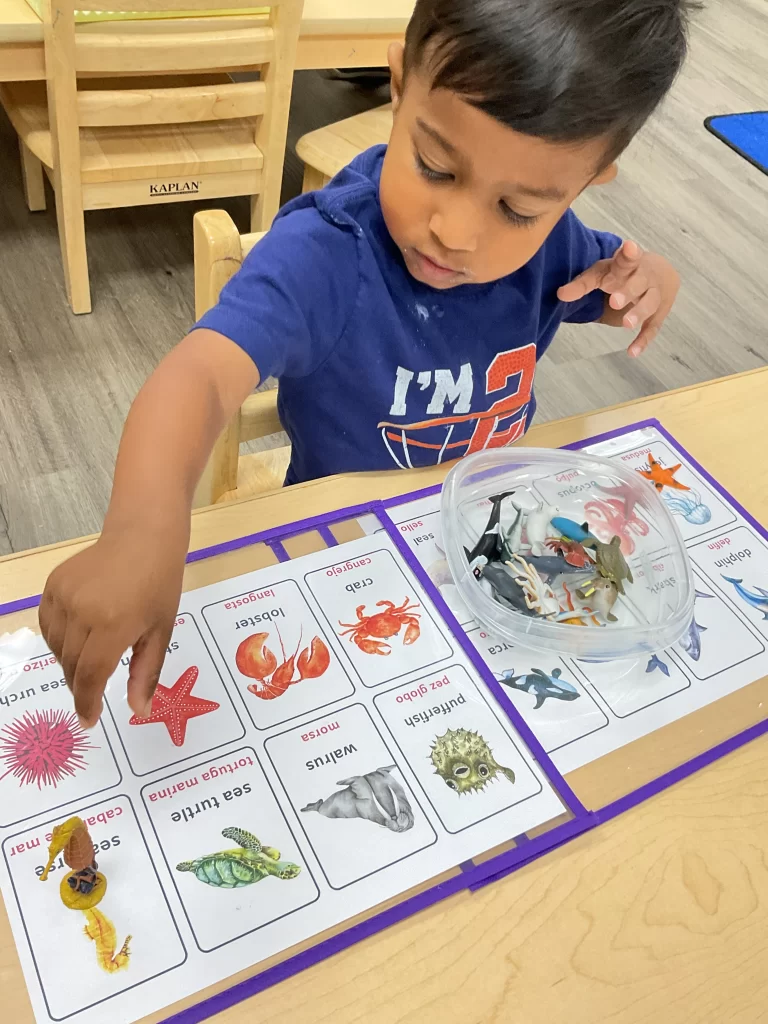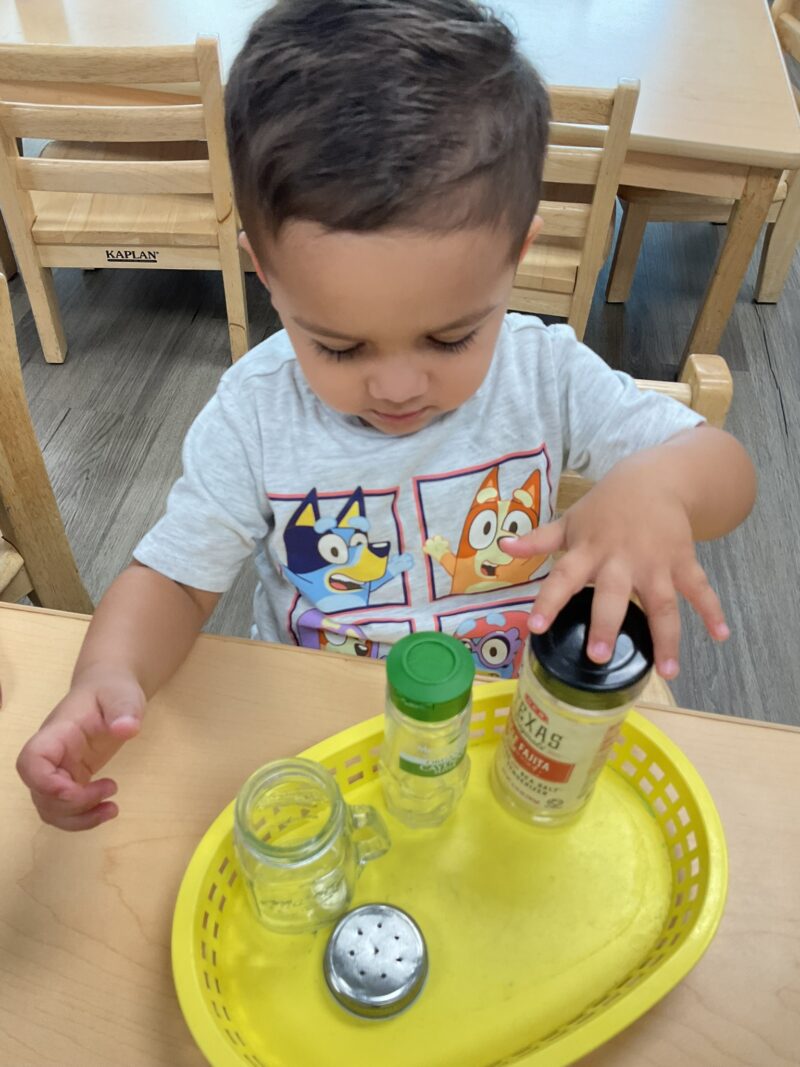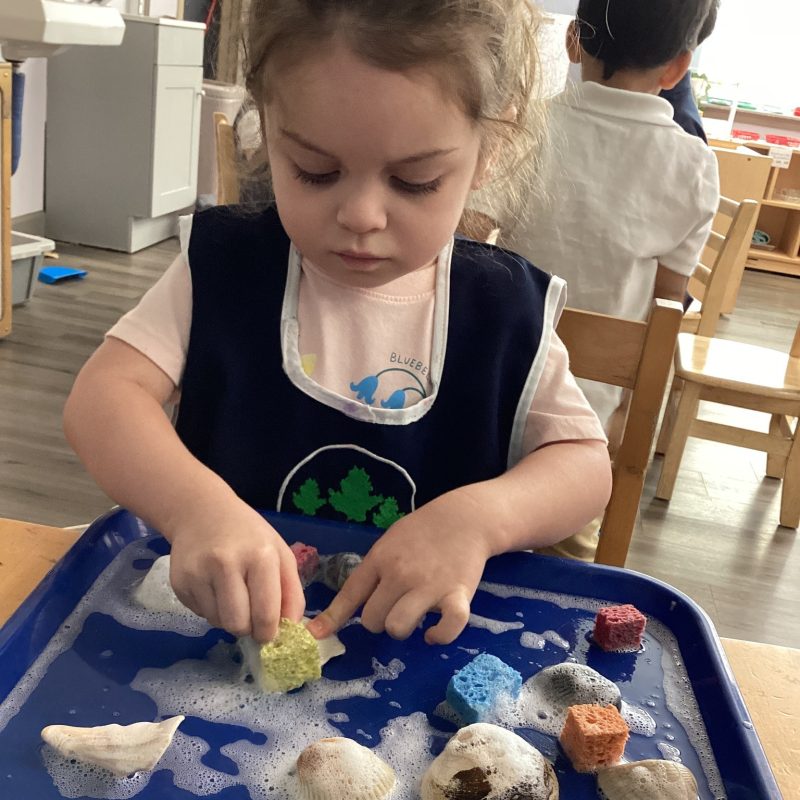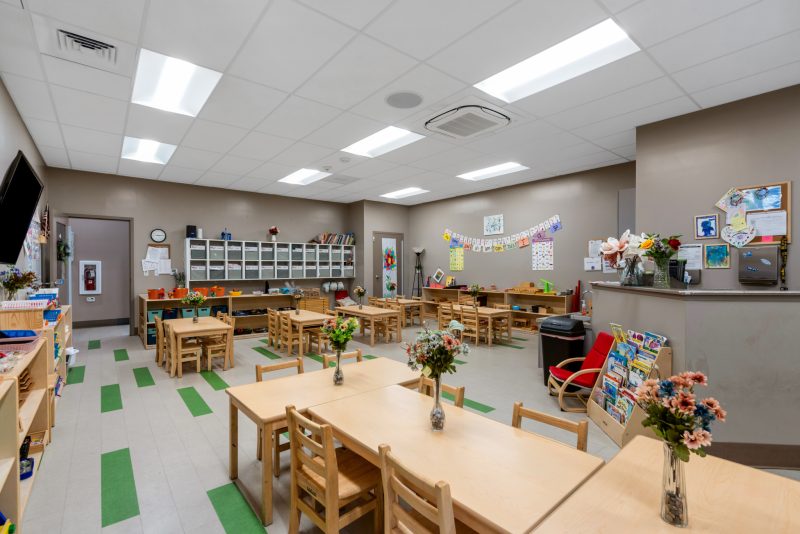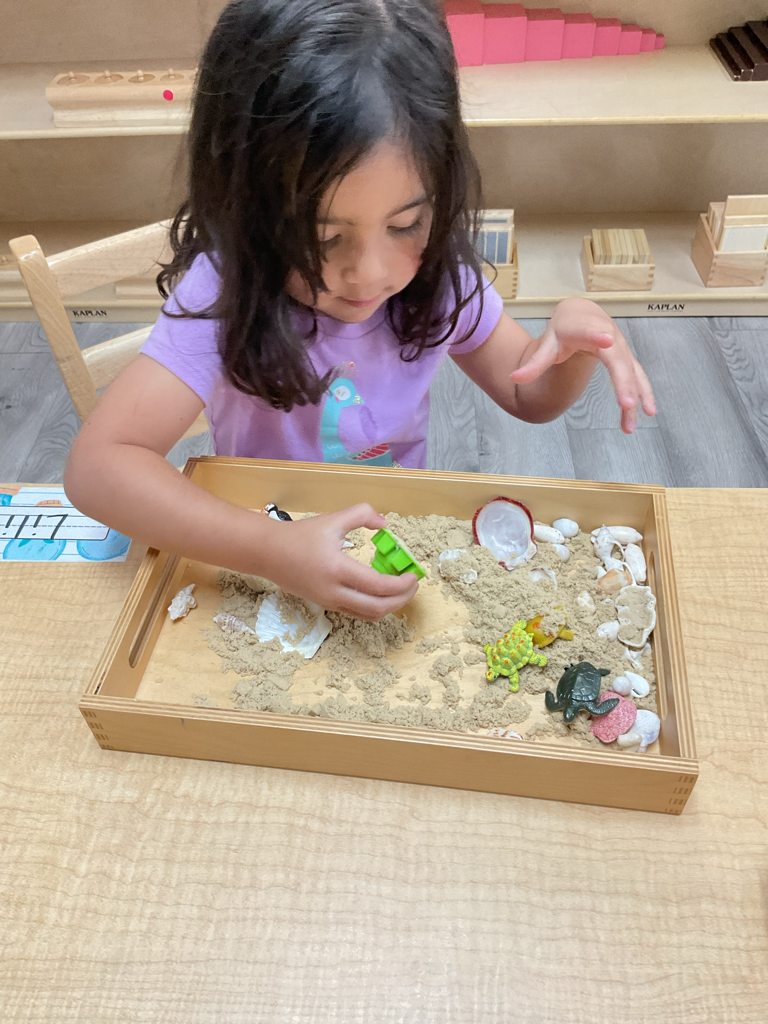
In a Montessori classroom, your child makes more than 50 independent choices every day. That adds up to over 13,000 decisions a year—each one a tiny step toward becoming a thoughtful, confident, and independent person. This isn’t a free-for-all. It’s structured freedom designed to build decision-making muscles early, when the brain is most adaptable.
Why Decision-Making Needs to Start in Preschool
Preschoolers aren’t too young to make decisions. They’re at the ideal age. Between the ages of 2 and 6, the prefrontal cortex, which is responsible for planning, impulse control, and reasoning, undergoes rapid development.
Here’s what daily decision-making builds:
- Confidence: Repeated small wins help children trust themselves.
- Self-regulation: Making choices teaches individuals the natural consequences of their actions without relying on adult control.
- Responsibility: Children begin to take ownership of their actions, materials, and he learning process.
What 50+ Decisions a Day Actually Looks Like
In a Montessori environment, children are constantly making choices. Here’s how it adds up.
During arrival and morning routine:
- Which friend to greet first
- Where to place their backpack and belongings
- What work to start with
- Whether to choose an individual task or a partner activity
During work time:
- What material to take from the shelf
- Where to sit and work
- Whether to repeat the lesson
- When to ask for help, or try again
- Whether to transition to a new work or stay longer
- How to handle peer interruption or conflict
In care of self and others:
- When to use the bathroom
- Whether to wear a jacket when going outside
- Whether to clean up now or after one more task
- Whether to invite another child to snack together
- How to respond when something spills
Multiply that by a 5-day school week, and you quickly reach over 13,000 real-world decisions in one academic year.
What’s the Impact of All These Choices?
Children who make decisions from age 3:
- Are more adaptable in unfamiliar situations
- Show better focus in elementary school
- Are more likely to take initiative, not just follow instructions
- Develop stronger problem-solving and executive functioning skills
They don’t wait to be told. They observe, evaluate, decide, and act.
Montessori Isn’t Chaos. It’s Practice.
Montessori decision-making in preschool is not about giving kids total control. It’s about controlled autonomy—children operate within a structure of clear boundaries, routines, and expectations. The freedom is earned through respect and responsibility.
When you hear that Montessori is “child-led,” it really means:
- Adults observe, guide, and design an environment for thoughtful choices
- Children are trusted with meaningful work
- Mistakes are treated as learning opportunities
Final Thought
The ability to choose wisely doesn’t appear at age 18. It’s built every day from age 2. By the time your child finishes preschool at Excelled Montessori, they will have made tens of thousands of decisions—each one preparing them to lead, not just follow.
